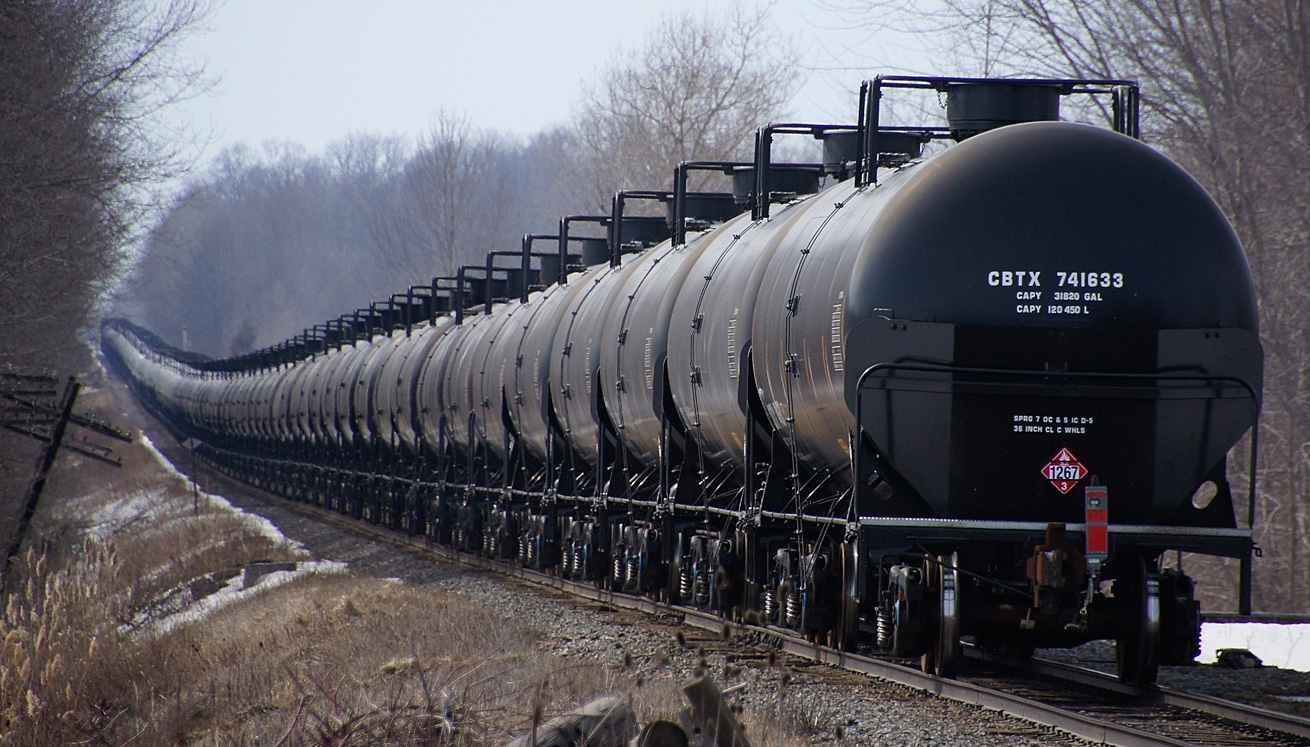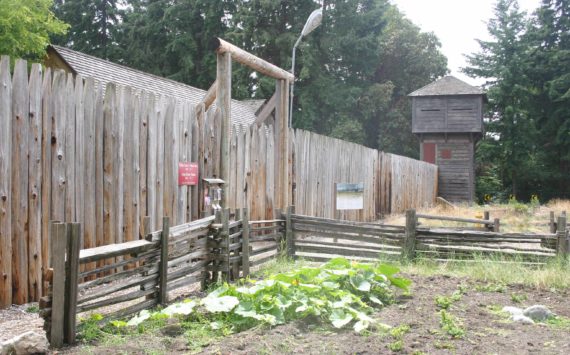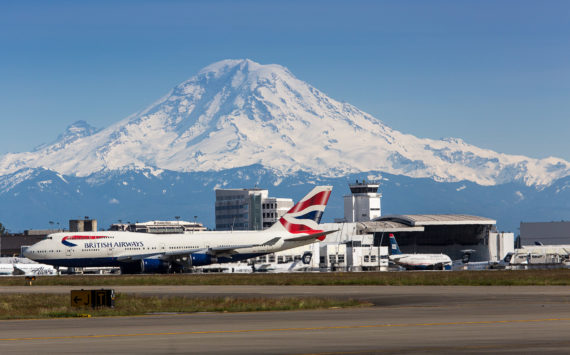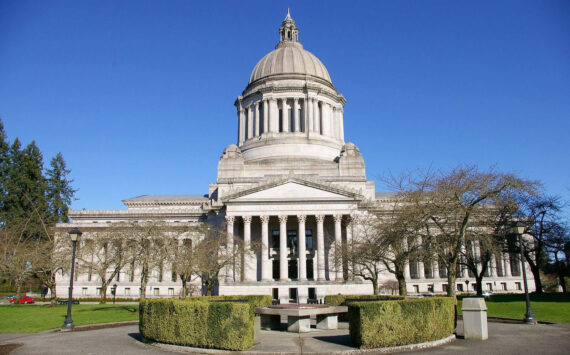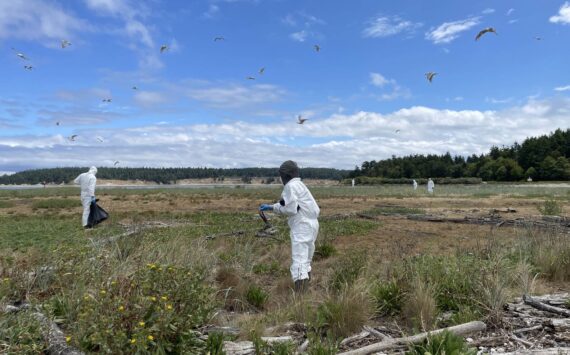Railroads must demonstrate spill response plan
OLYMPIA – Beginning Oct. 1, railroads moving oil through Washington must demonstrate the ability to immediately respond to an oil spill if one occurs. The Washington Department of Ecology adopted a rule last week establishing contingency planning requirements for railroads transporting oil in bulk through the state.
Plans must detail steps the railroad will take if oil spills or a substantial risk of a spill occurs during transport. Each plan will be reviewed, tested through drills and approved by Ecology.
“Washington has built a strong program that prevents and responds to oil spills in Washington waters,” said Governor Jay Inslee. “This rule ensures that railroads have the same high-quality plans long required for vessels so that our natural resources in the inland areas of our state are protected.”
Until now, only pipelines and vessels moving oil through the state were required to share contingency plans with Ecology. California and Minnesota have implemented similar laws for railroads.
The contingency planning requirement builds on a separate rule adopted Aug. 24 that requires facilities receiving shipments of crude oil by rail to notify Ecology, helping spill responders and emergency crews prepare for potential incidents. The notification rule also requires oil pipelines transporting crude oil to submit information twice a year on the volumes and origin of the material they handle.
Ecology held four public meetings on the new contingency planning rule during its 65-day public comment period. More than 1,000 comments were received, reviewed and considered in the rule development.
– Washington State Department of Ecology
